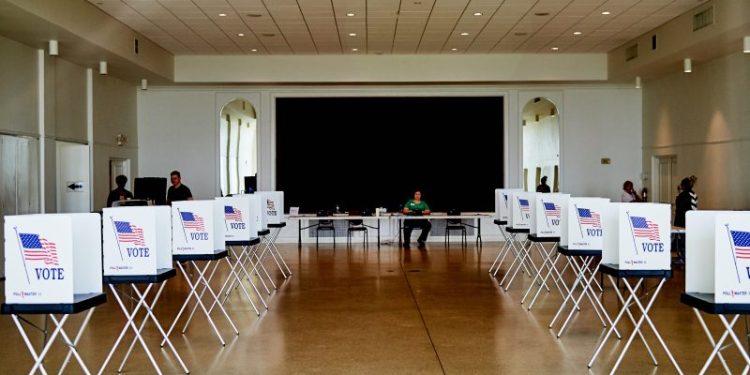“2024: Nonvoters Hold the Keys to the Future
“2024 Will Probably Be Shaped By Nonvoters As Much As Voters”
As the 2024 United States election inches closer, analysts extol the importance of electoral participation – and with good reason. Those who show up to the polls and cast their ballots are the ones who shape the American political machine, electing lawmakers and influencing policy. But while this may have been true for years, new research suggests that nonvoters – those who don’t show up to participate in the election – may carry just as much, if not more, weight in shaping the election results and resulting public policies.
Researchers from the Center for American Politics at Stanford University recently conducted a study on the role of nonvoters in elections. Their report found that nonvoters, while silent, have a substantial impact on the outcome of elections and consequently, on the policies that shape a society.
The scientists argued that, due to the high level of apathy across voting age citizens, nonvoters are increasingly making up a larger portion of the electorate. This new demographic can be compared to the silent majority of the 1960s, comprised of citizens who refused to engage in political conversations, let alone partaking in elections. The report concluded that if this trend continues, the 2024 election and the policies that follow may be shaped more by the decisions – or lack thereof – of nonvoters than from those who decide to cast their ballots.
The results of the Stanford study seem to provide evidence that casting a ballot is no longer the only power that citizens have to shape their political landscape. Even if citizens decide not to participate in elections, they will still be heard by the powers-that-be.
The implications of these findings could be far-reaching. A larger base of nonvoters could lead to changes in the way politicians court voters, or how they decide to focus their attention on certain issues. Moreover, nonvoters in 2024 could lead to broader and more interesting policies that address the needs of the electorate as a whole, instead of playing to the wants and desires of affluent and powerful groups in society.
For years, citizens have looked to voters to have a direct influence on the policies of the government. Yet, the Stanford study’s findings show that while voting is still important, the silent decisions of nonvoters will also determine the future of the American political system and beyond.
“2024 Will Probably Be Shaped By Nonvoters As Much As Voters”
As the 2024 United States election inches closer, analysts extol the importance of electoral participation – and with good reason. Those who show up to the polls and cast their ballots are the ones who shape the American political machine, electing lawmakers and influencing policy. But while this may have been true for years, new research suggests that nonvoters – those who don’t show up to participate in the election – may carry just as much, if not more, weight in shaping the election results and resulting public policies.
Researchers from the Center for American Politics at Stanford University recently conducted a study on the role of nonvoters in elections. Their report found that nonvoters, while silent, have a substantial impact on the outcome of elections and consequently, on the policies that shape a society.
The scientists argued that, due to the high level of apathy across voting age citizens, nonvoters are increasingly making up a larger portion of the electorate. This new demographic can be compared to the silent majority of the 1960s, comprised of citizens who refused to engage in political conversations, let alone partaking in elections. The report concluded that if this trend continues, the 2024 election and the policies that follow may be shaped more by the decisions – or lack thereof – of nonvoters than from those who decide to cast their ballots.
The results of the Stanford study seem to provide evidence that casting a ballot is no longer the only power that citizens have to shape their political landscape. Even if citizens decide not to participate in elections, they will still be heard by the powers-that-be.
The implications of these findings could be far-reaching. A larger base of nonvoters could lead to changes in the way politicians court voters, or how they decide to focus their attention on certain issues. Moreover, nonvoters in 2024 could lead to broader and more interesting policies that address the needs of the electorate as a whole, instead of playing to the wants and desires of affluent and powerful groups in society.
For years, citizens have looked to voters to have a direct influence on the policies of the government. Yet, the Stanford study’s findings show that while voting is still important, the silent decisions of nonvoters will also determine the future of the American political system and beyond.










